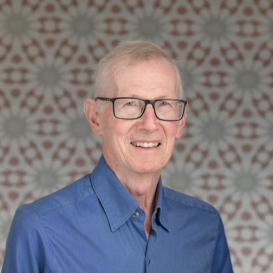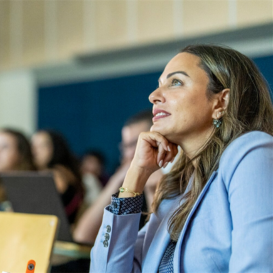
Smoking Cessation Awareness Day
The journey of thousand miles starts with a single step…... Let’s take the first step together to reach our goal by saying no to smoking you are saying yes to life. Join us on our day and let’s spread awareness on the importance of smoking cessation and the tools to help smokers stop smoking. Have a healthy and positive -No Smoking- Life!








